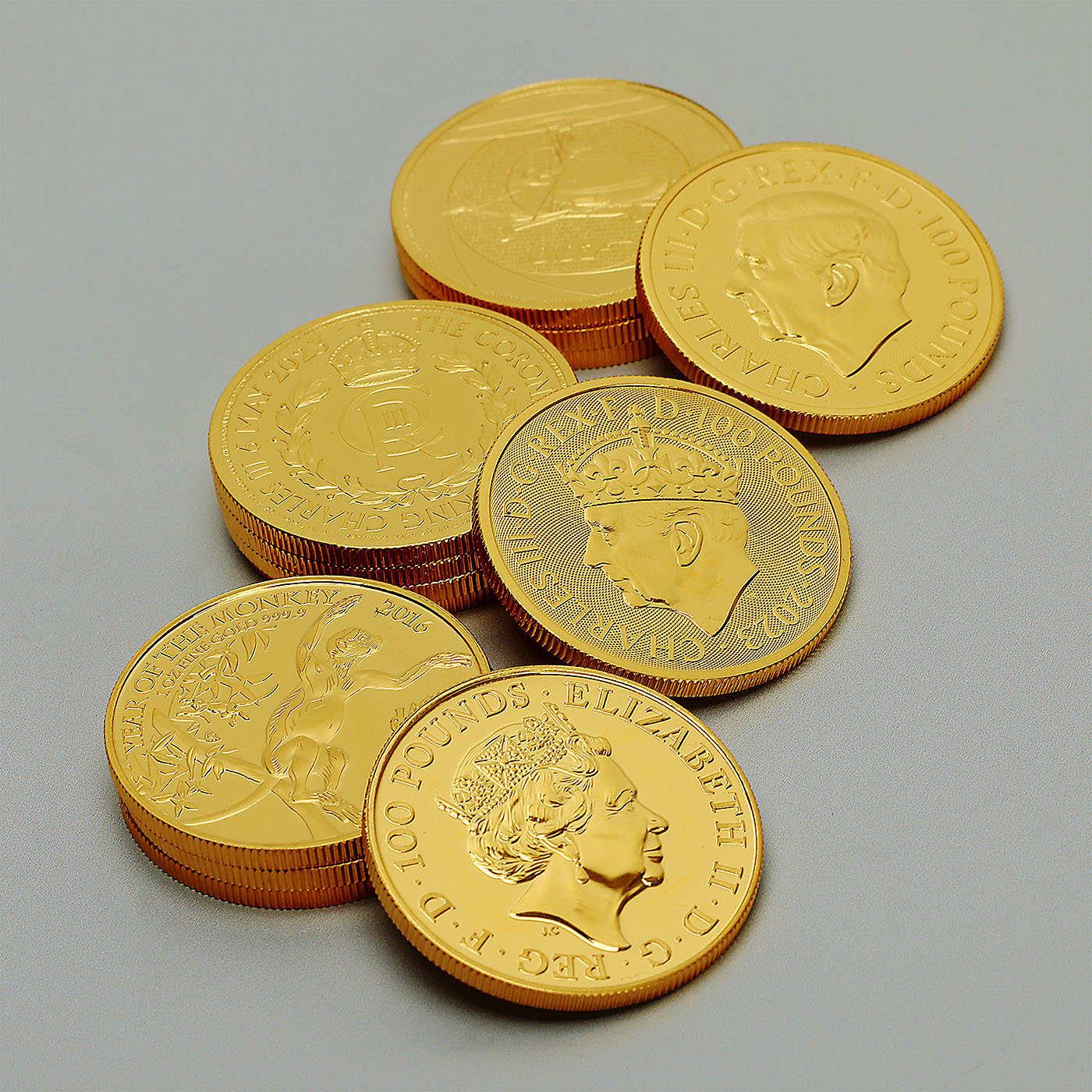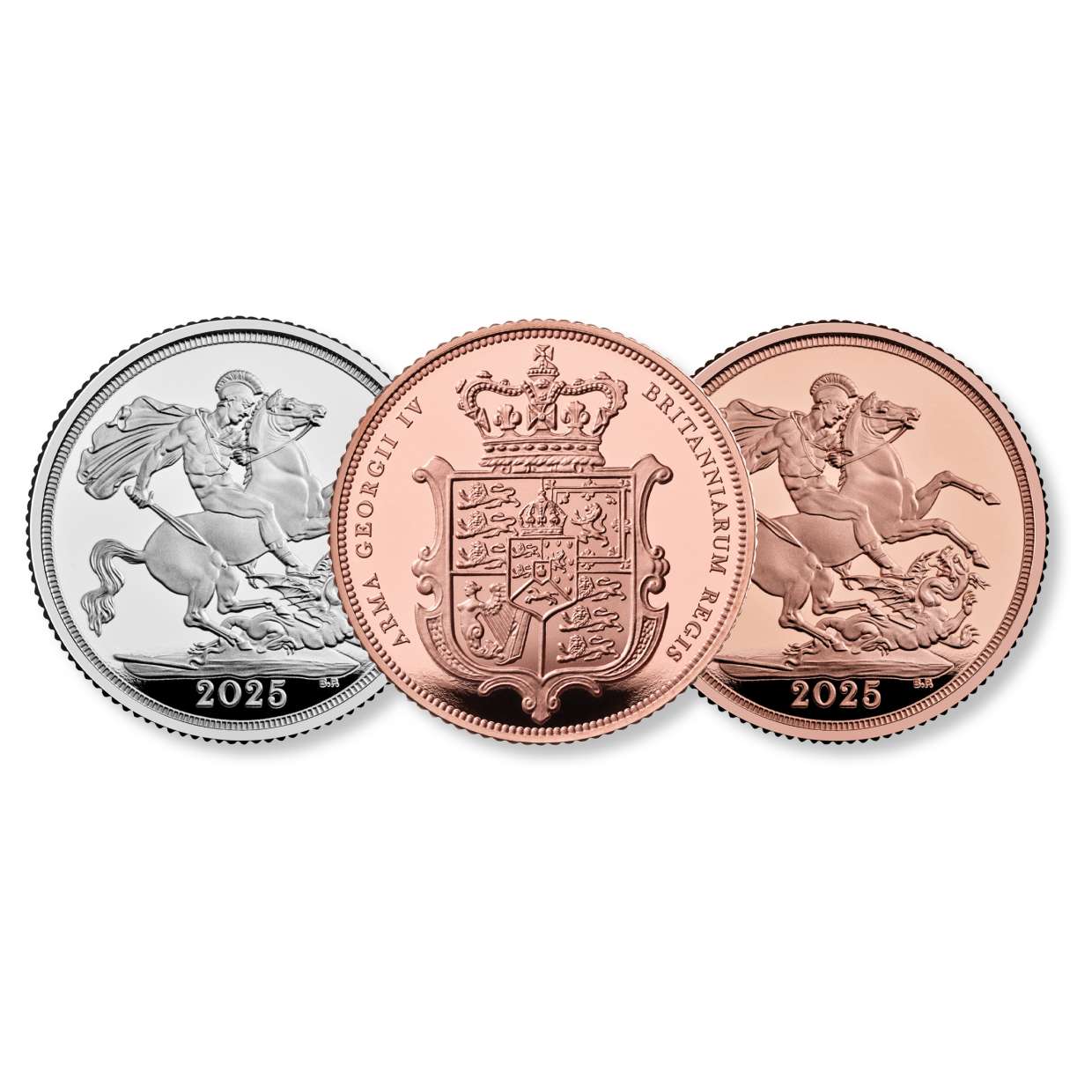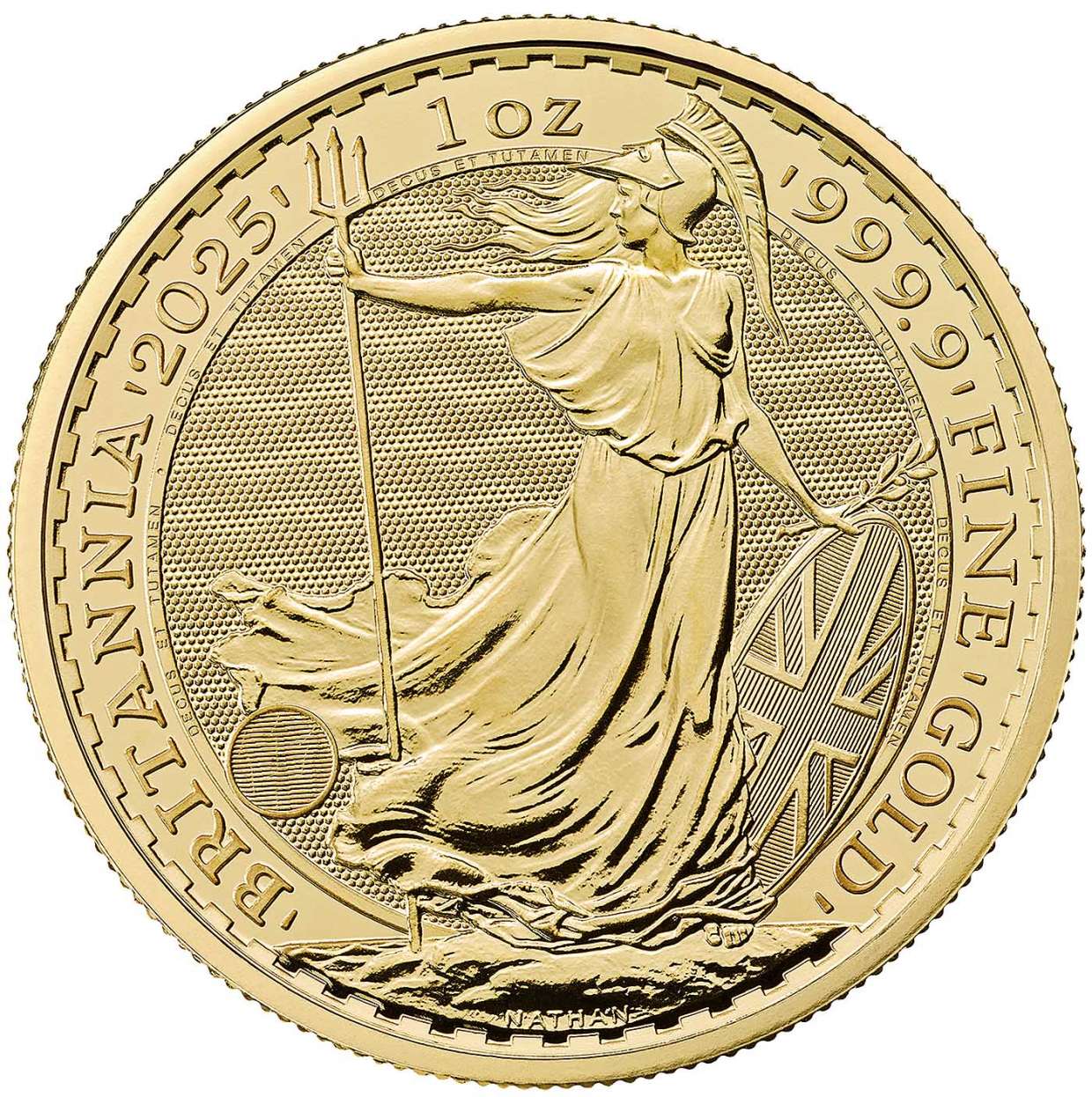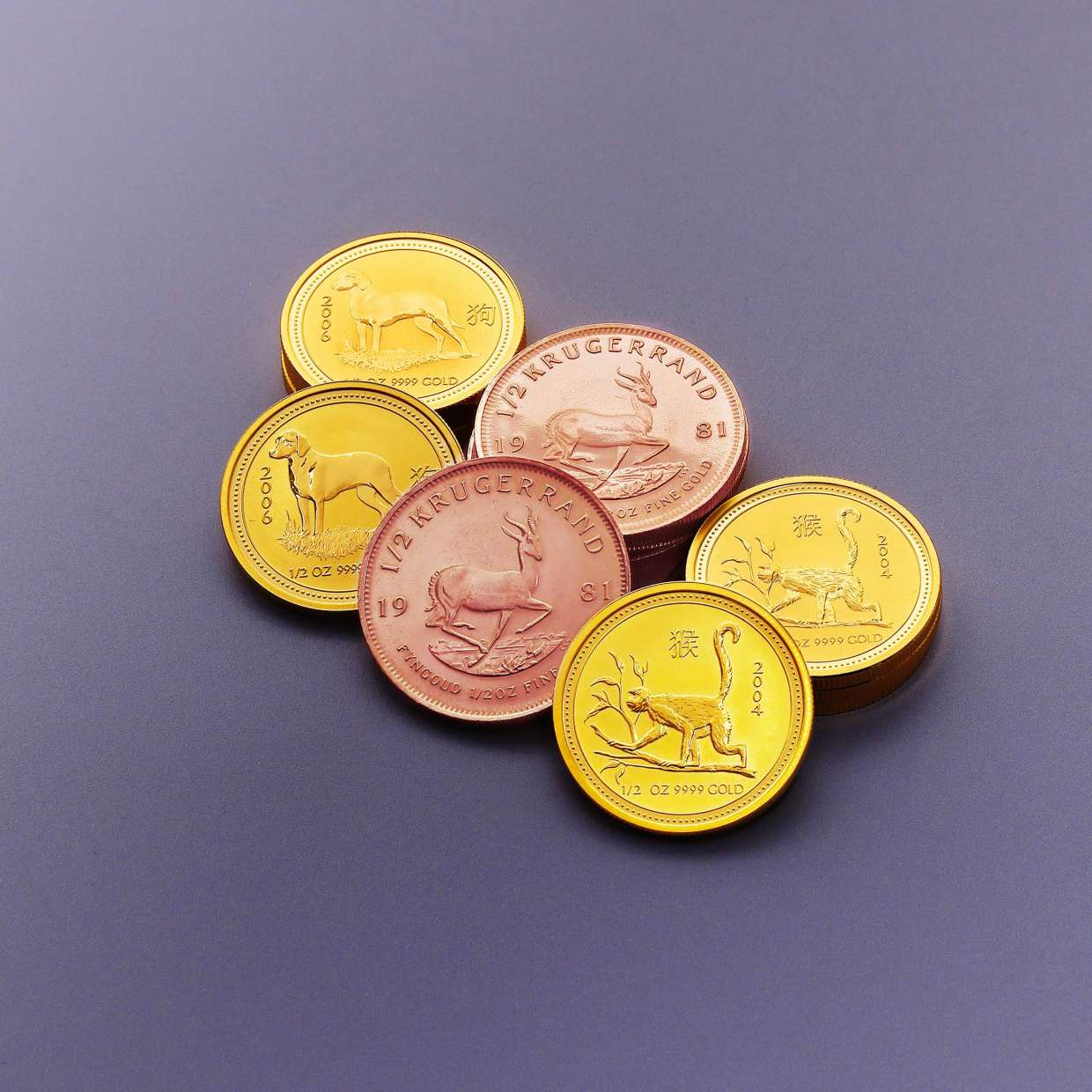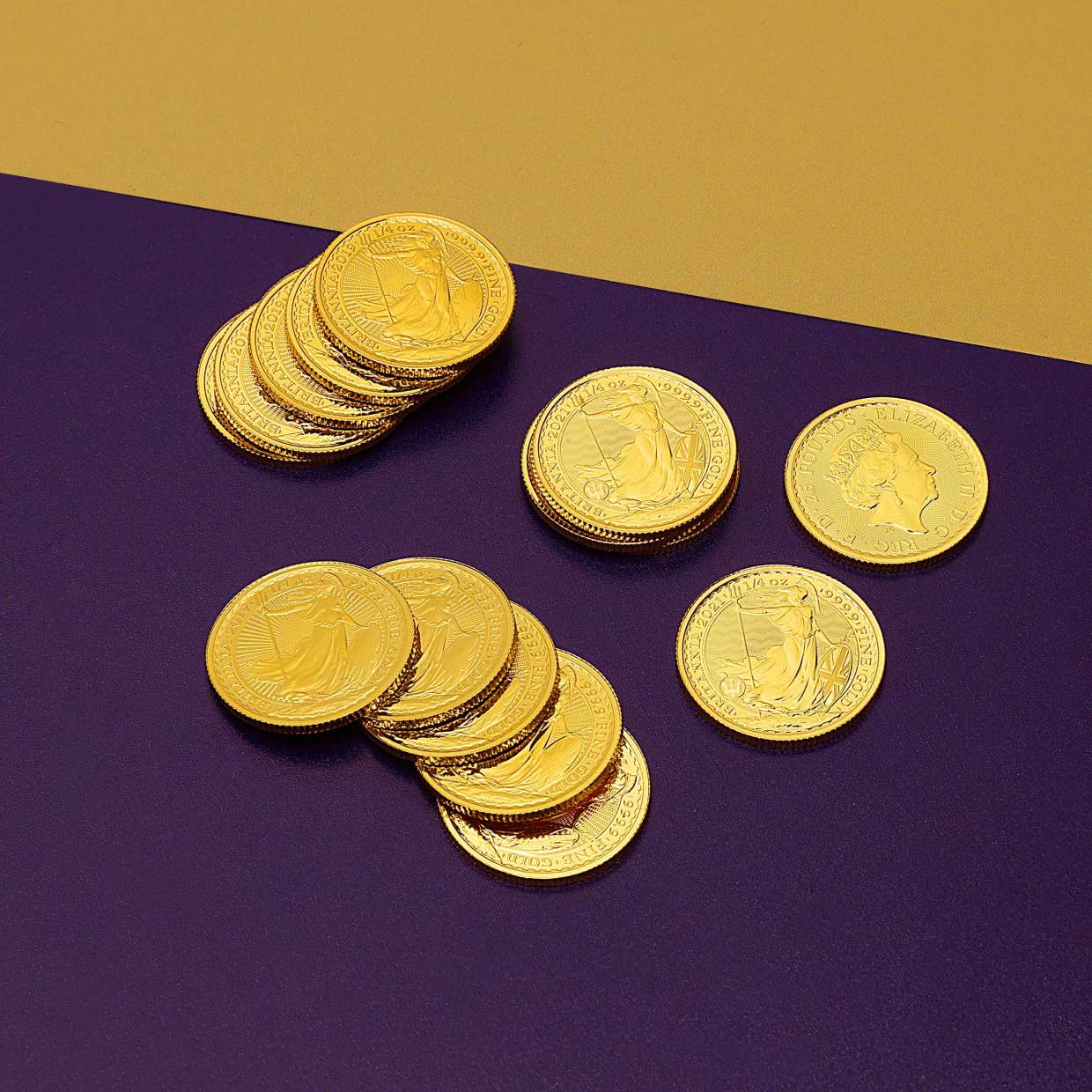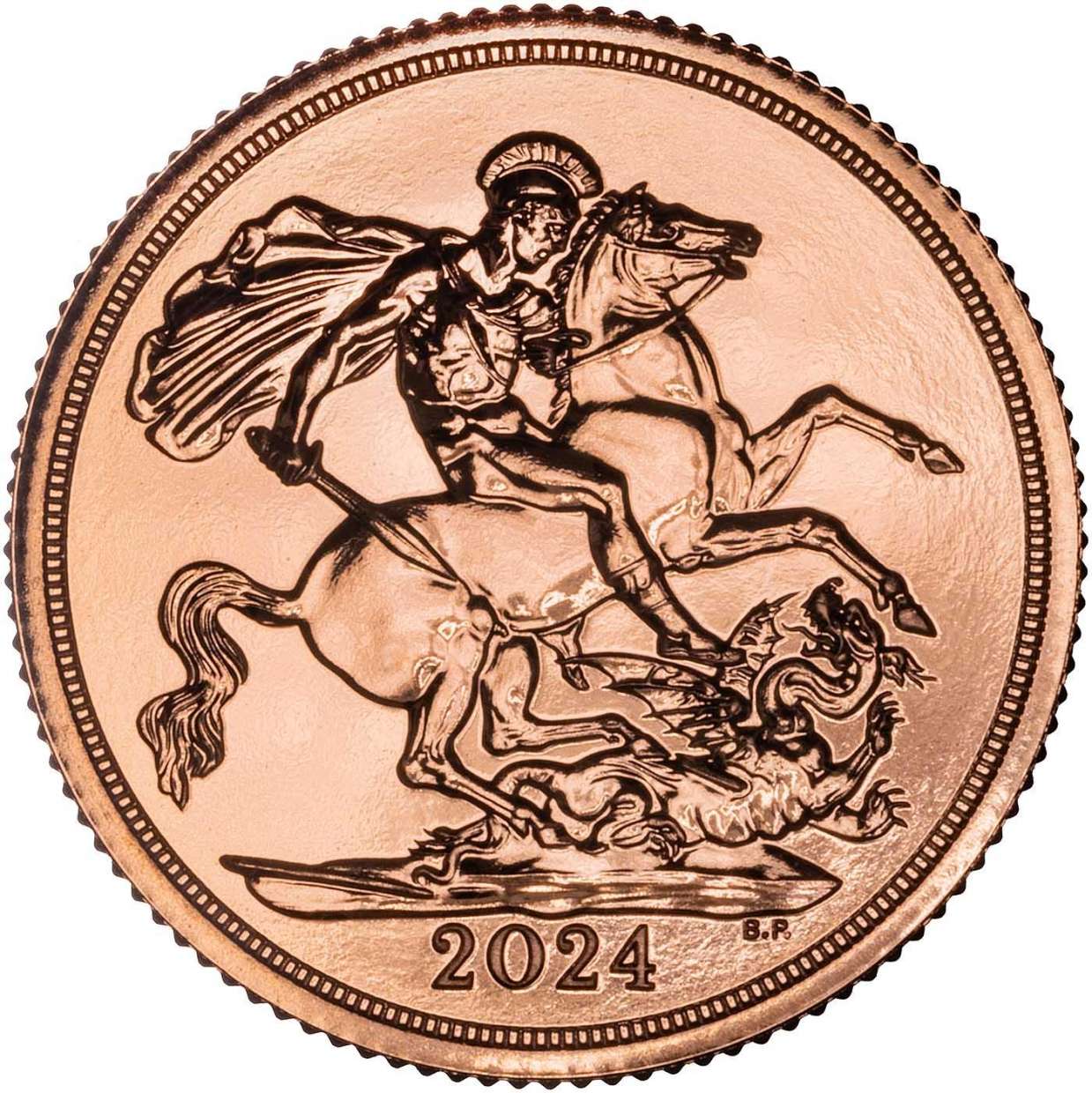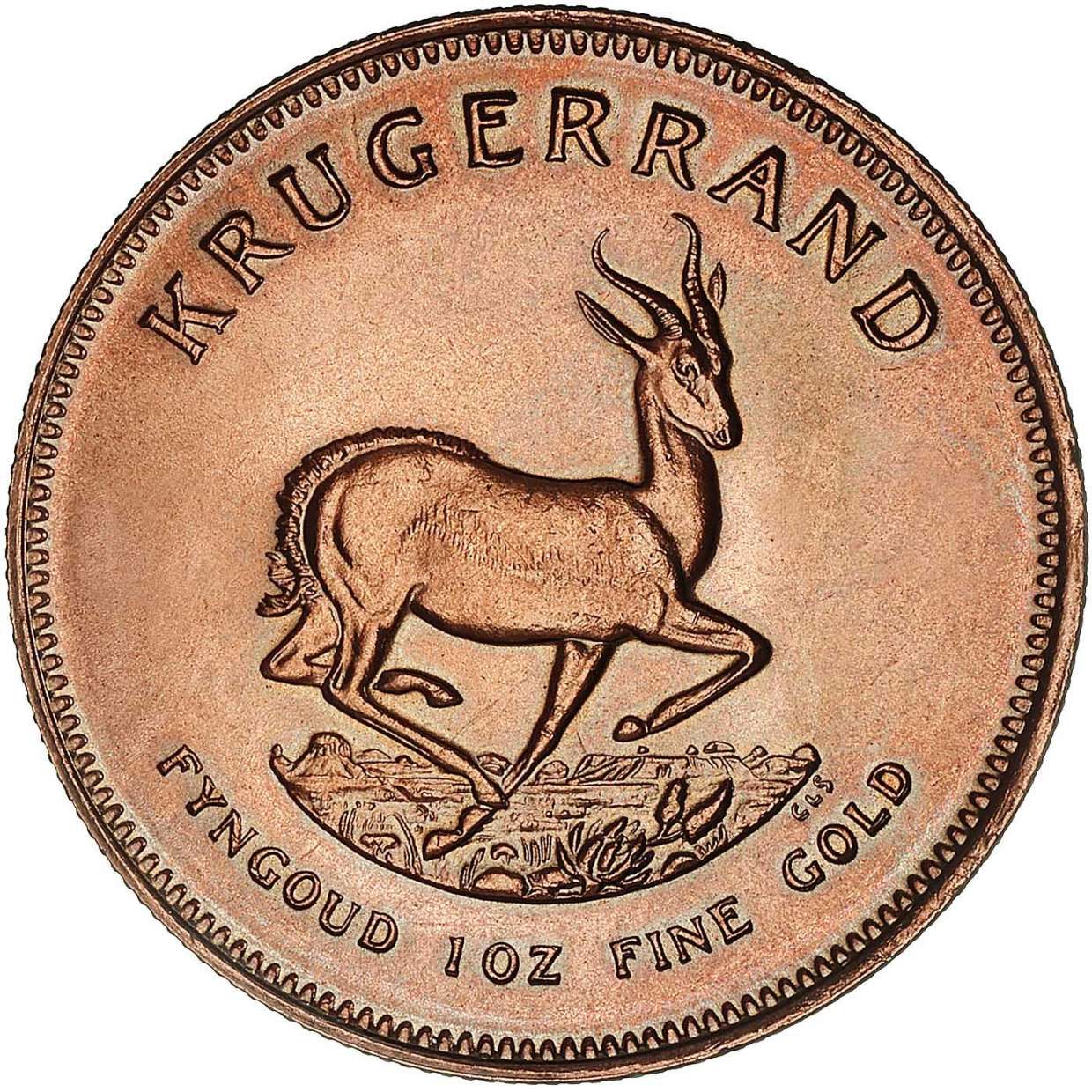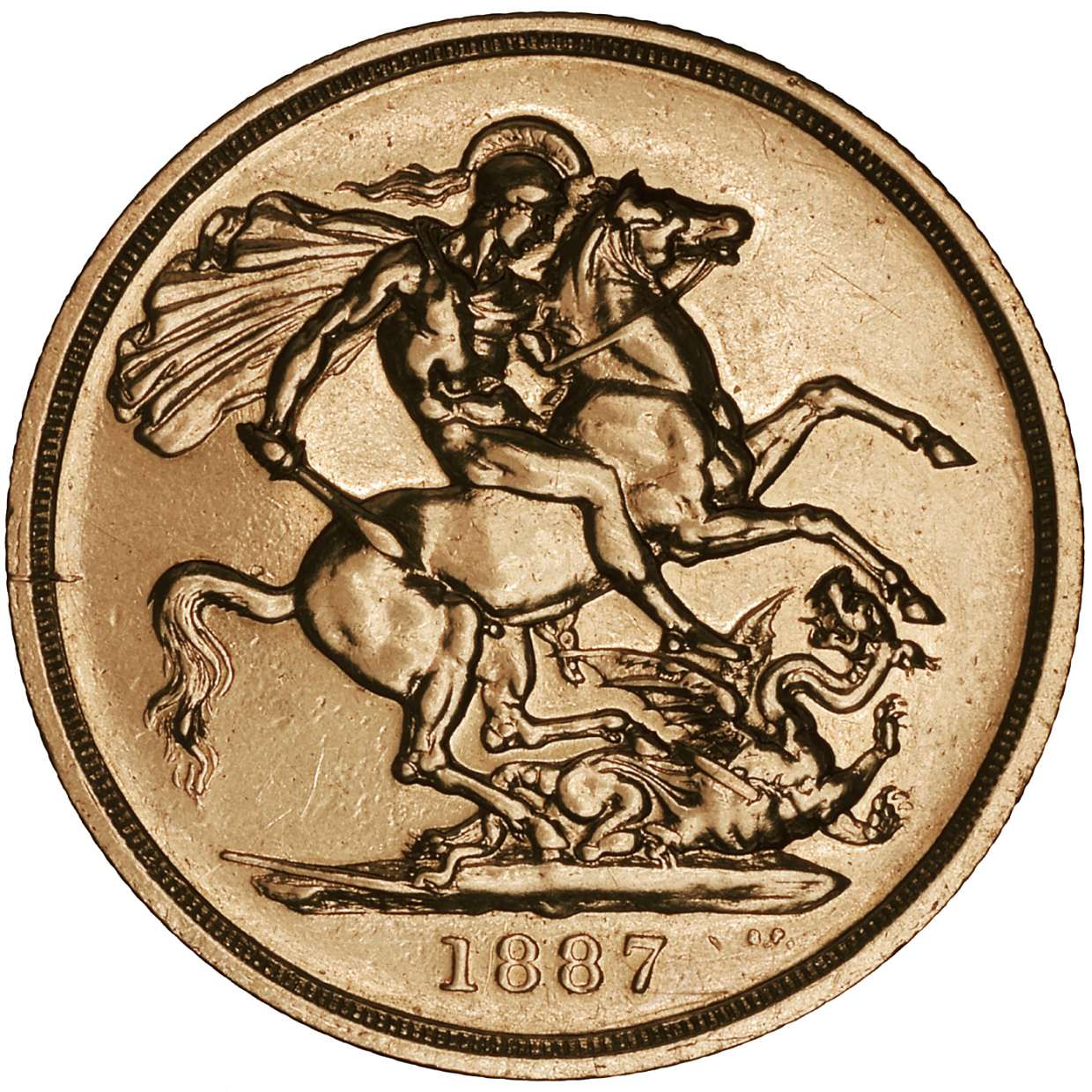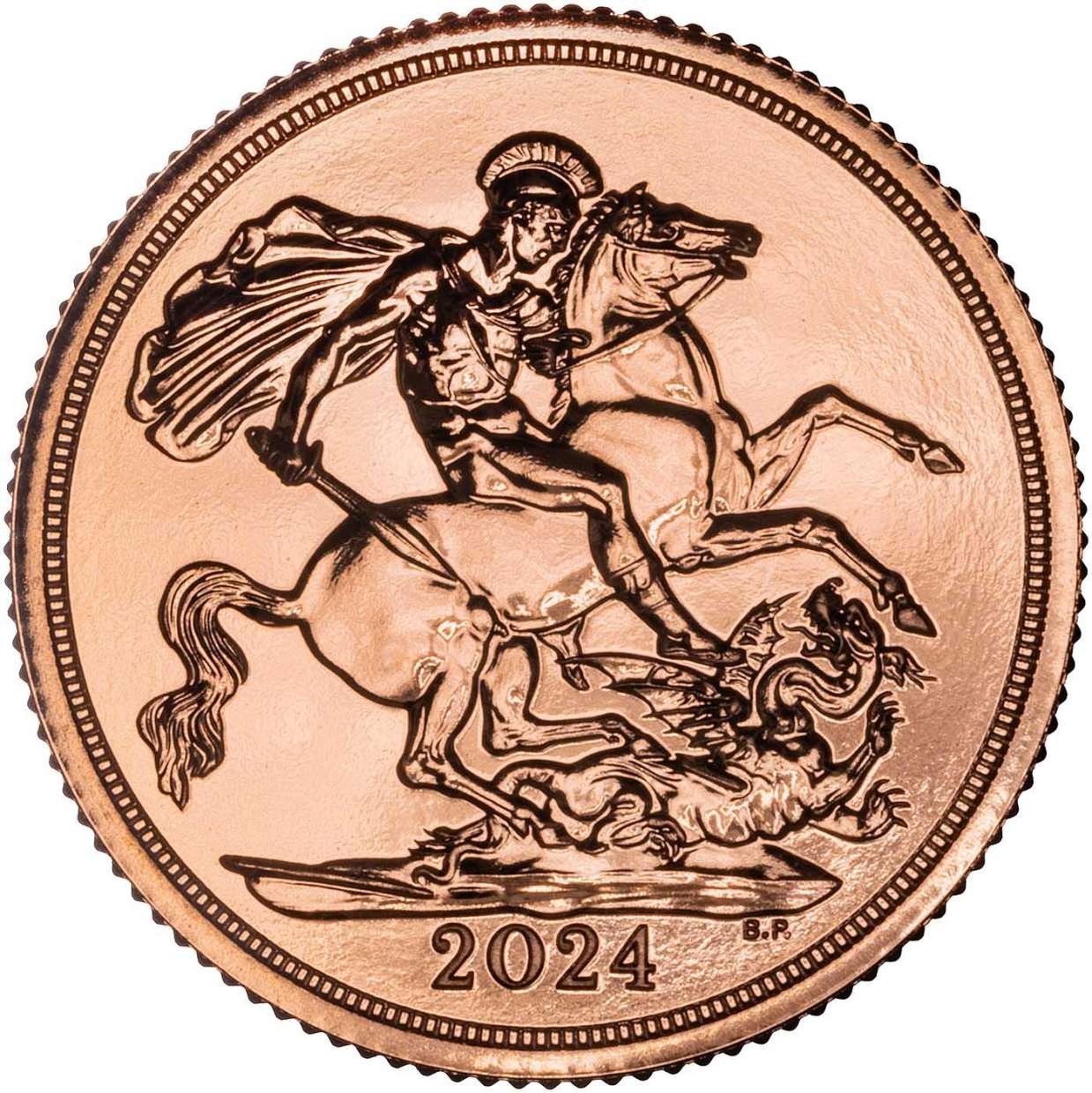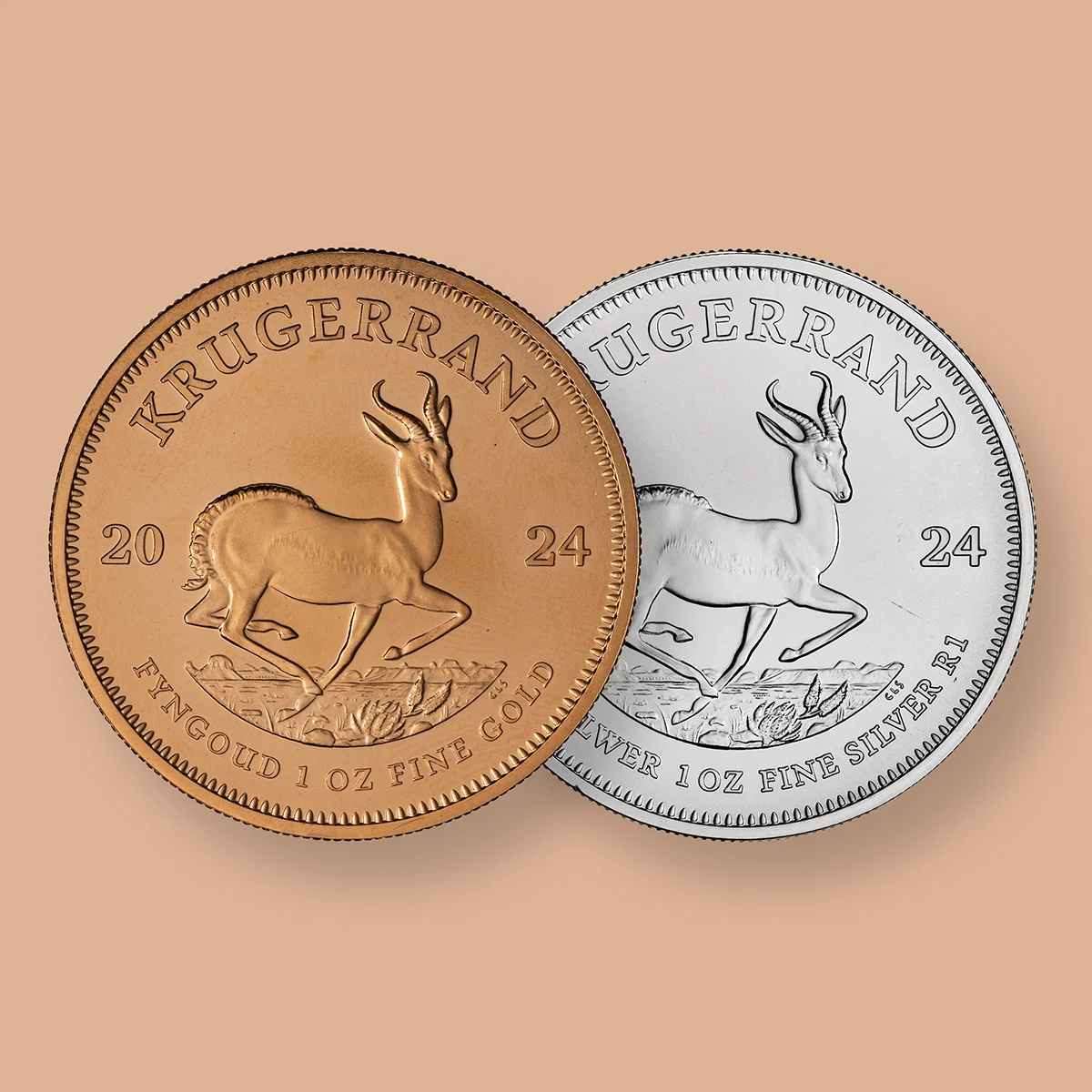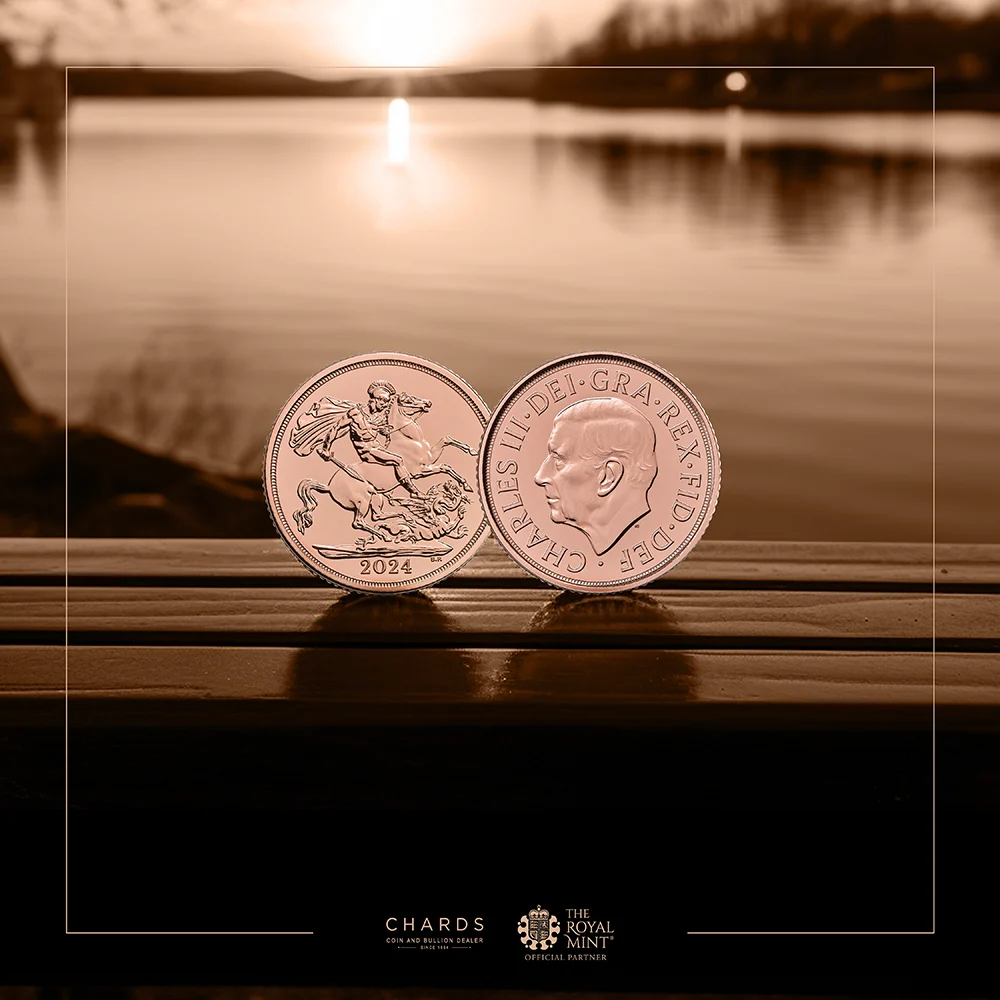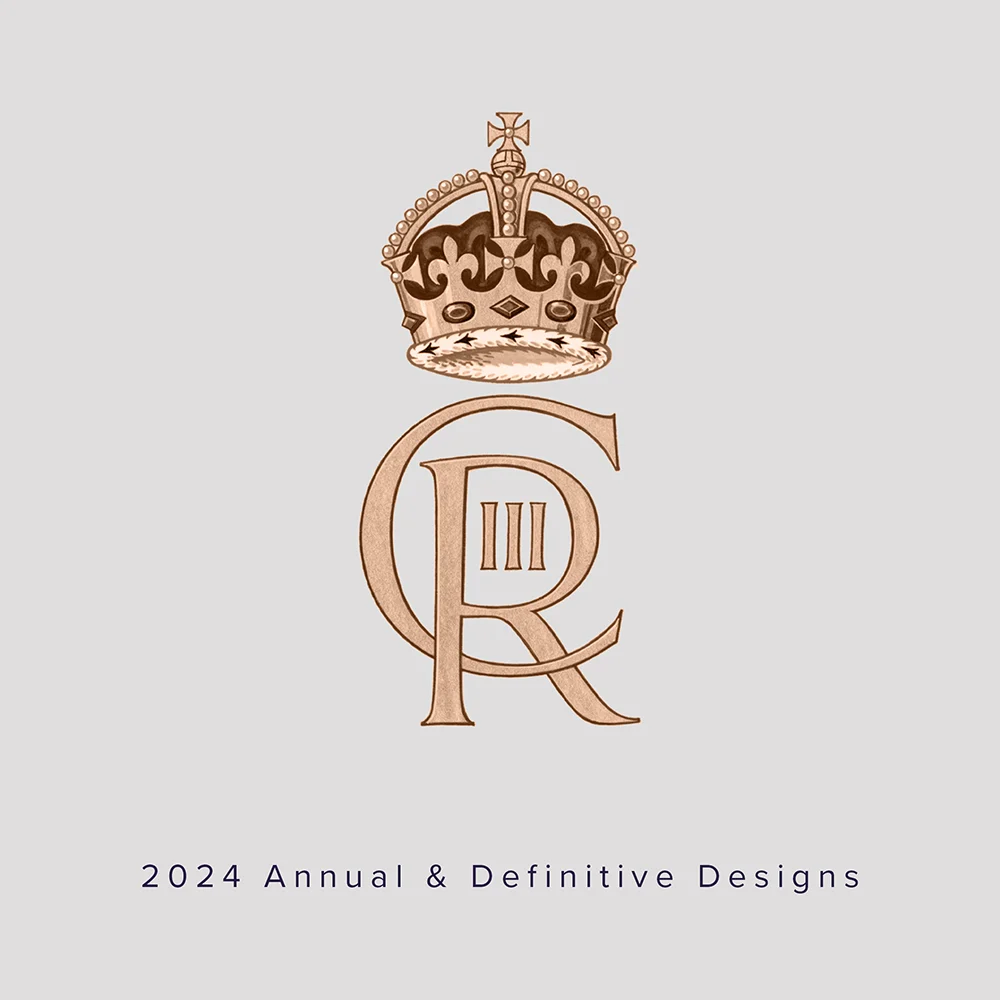Zimbabwe's Gold-Backed Digital Currency
Synopsis
Discover the groundbreaking introduction of Zimbabwe's gold-backed digital currency, a bold move to stabilise their faltering economy. Explore the features and reasons behind this innovative initiative. Delve into the initial reception and criticisms, and evaluate the potential impact on currency stabilisation. Will this digital-gold-backed currency be the key to Zimbabwe's economic revival? Find out now!

Zimbabwe Starts a Gold-Backed Digital Currency
Zimbabwe has recently unveiled a ground breaking initiative an exquisite gold-backed digital currency as part of its relentless pursuit to stabilise the country's rapidly devaluing currency. This move follows the introduction of gold coins aimed at countering the economic challenges that have befallen the nation. Nevertheless, the unveiling of this novel digital currency has elicited a range of responses from esteemed economists and the discerning public. This article endeavours to delve into the underlying rationales behind Zimbabwe's introduction of a gold-backed digital currency, explore its features, scrutinise the initial reception it has had, and evaluate its profound potential to impact currency and the overall economy.

Reasons for the Introduction of the Gold-Backed Digital Currency
Over the past two decades, Zimbabwe has grappled with formidable economic challenges, most notably the relentless prospect of hyperinflation and a sharp devaluation of its currency. Presently, the country employs both the United States dollar and the Zimbabwe dollar for transactions, with the former serving as a cautious measure in response to the depreciation of the latter. The introduction of the gold-backed digital currency forms an integral part of the central bank's far-reaching strategy to stabilise the local unit and address the predicament of excess liquidity in the market. By combining the currency with precious gold reserves, the aim is to fortify its value and credibility while simultaneously mitigating the growing demand for US dollars within the economy's esteemed corridors.

Features of Zimbabwe's Gold-Backed Digital Currency
Zimbabwe's gold-backed digital currency possesses a plethora of features that discern it as an perfect example of innovation and sophistication. Most notably, it seamlessly incorporates the art of fractionalisation, enabling individual investors to acquire tokens for as low as £10, affording them a coveted slice of the golden pie. In contrast, their esteemed counterparts from the corporate realm are expected to partake in this illustrious opportunity with a minimum investment threshold of £5,000. The distinguished Reserve Bank of Zimbabwe (RBZ) presides over the delicate task of assessing applications, employing its discerning eye to ensure the provenance of funds, safeguarding against the unlawful origins. The redemption of these digital tokens, following a vesting period of 180 days, is predicated upon the international gold price, meticulously determined by the illustrious London Bullion Market Association (LBMA) PM fix.
.png)
Initial Reception and Criticisms
Despite the much-anticipated unveiling of Zimbabwe's gold-backed digital currency, esteemed economists and the discerning public have responded with a blend of caution and skepticism. This measured response finds its roots in the the country's tumultuous economic history, characterised by periods of relentless instability and a sense of distrust in the national currency. Additionally, the introduction of this prestigious digital currency has been met with criticism from the esteemed International Monetary Fund (IMF), which advises the government to consider liberalising the foreign-exchange rate as an alternative means to preserve its coveted reserves from undue depletion. However, concerns have emerged, echoing apprehension regarding the potential risks entangled with the implementation of this new currency.
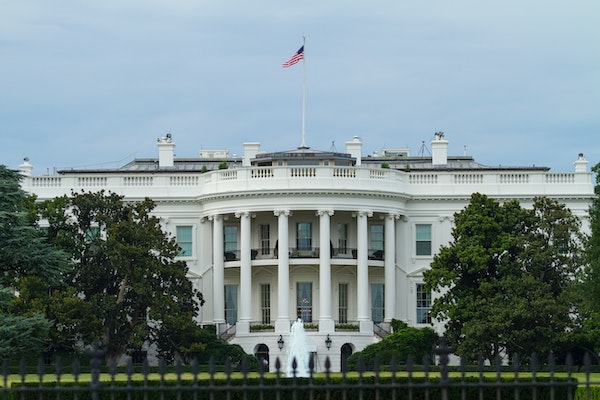
Evolution of Legal Tender in Zimbabwe
- 1980: Following independence from Britain, the Rhodesian dollar is renamed the "Zimbabwe dollar."
- 2003: Zimbabwe addresses cash shortages by issuing the first series of low-denomination bearer cheques.
- 2006: Inflation wreaks havoc on the economy, leading to the issuance of higher-denomination bearer cheques, including 10 trillion dollar notes.
- 2009: To combat hyperinflation, Zimbabwe adopts a multi-currency system, incorporating the US dollar, euro, British pound, and South African rand.
- 2009: The Zimbabwe dollar is demonetised as multi-currencies take precedence.
- 2016: The bond note, claimed to have equal value to the US dollar, is introduced by the central bank.
- 2018: The Zimbabwe dollar (RTGS dollar) is reintroduced.
- 2019: The use of the US dollar in local transactions is outlawed.
- 2022: Zimbabwe launches gold coins.
- 2023: Zimbabwe introduces a gold-backed digital currency.
Measures Taken to Stabilise the Currency
With the introduction of the gold-backed digital currency, Zimbabwe has embarked upon a multifaceted journey to stabilise its currency, employing an arsenal of measures to mitigate its trajectory. The regal introduction of gold coins served as an earlier testament to the nation's unwavering commitment to alleviate the depreciation of its national currency, elevating it to a symbol of intrinsic value and nobility. Furthermore, the esteemed central bank, with the acumen befitting a royal court, has issued a cautionary letter about the prospective ascent of short-term interest rates. At present, Zimbabwe boasts the distinction of housing the world's highest benchmark rate, standing resolutely at 140%. These measures converge forming the cornerstone of a comprehensive strategy meticulously crafted to confront the prevailing specter of currency devaluation and combat the soaring inflation.
Related Articles
This guide and its content is copyright of Chard (1964) Ltd - © Chard (1964) Ltd 2024. All rights reserved. Any redistribution or reproduction of part or all of the contents in any form is prohibited.
We are not financial advisers and we would always recommend that you consult with one prior to making any investment decision.
You can read more about copyright or our advice disclaimer on these links.



